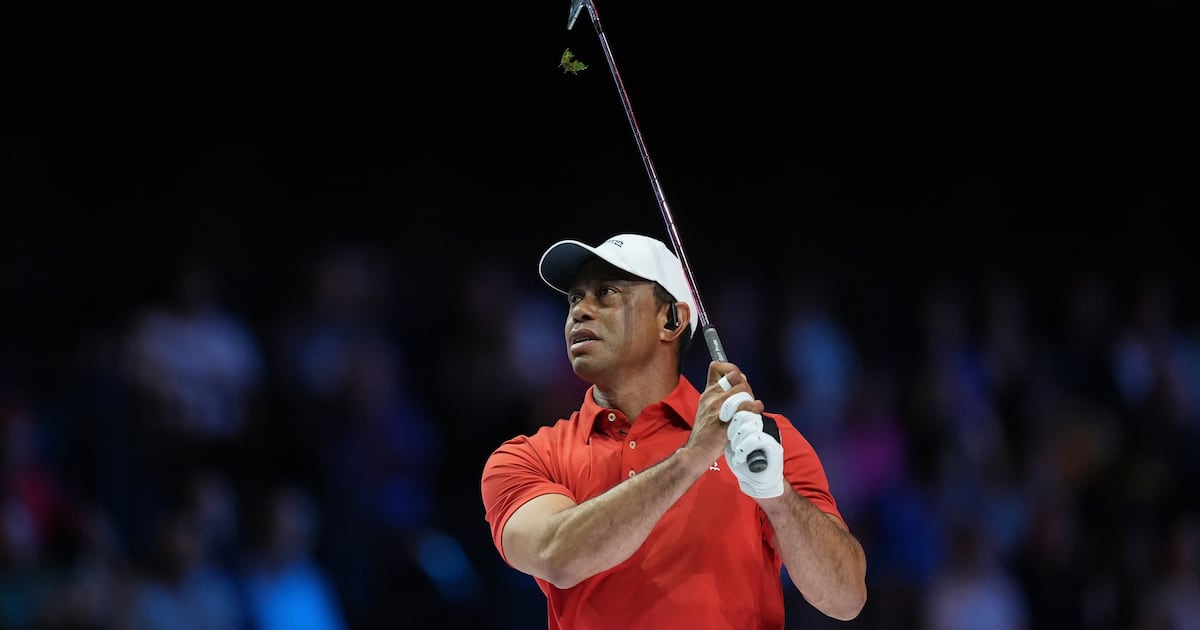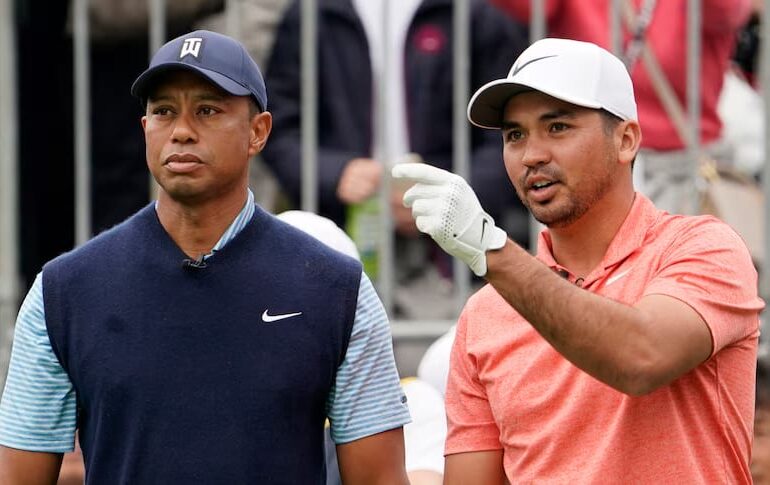To many, Tiger Woods is golf’s GOAT, and not just for the sheer number of major championship wins he has in his portfolio.
Woods completely altered golf’s perception amongst the rest of the sports world. He made it cool — turning what was a preppy, strict experience into a spectacle where fans felt comfortable letting out football-like roars during climax moments. Woods carried a unique swagger that no other golfer possessed, something viewers happily welcomed and fell in love with.
However, the 82-time PGA Tour winner announced on Sunday that he underwent a seventh back surgery, his second operation of the year. Woods had another back surgery 13 months ago, and has already missed a slew of golf’s biggest events. Now, he’s looking at another long absence, and his return is unknown.
The news comes shortly after golf’s most followed international competition, the Ryder Cup, closed off the 2025 season. While some top golfers will continue to get out on the tee box over the next few months, many are now entering their offseasons and are looking ahead to the next four majors.
Now that the sport is in its quietest period, casual and professional golfers alike will have time to decide which type of player they want to be the next time they head out to the course. More importantly, the next few months could see the LIV and PGA Tours announce a merger, if that ever comes to fruition.
The consequences of those decisions will play a role in a trend that Tiger Woods may have unintentionally begun: a decline in the sport’s class and integrity that many did not see coming.
While Woods’ freshness brought many positive changes to the sport such as encouraging increased racial inclusion and attracting a wider audience, golf has now become more casual than some avid golfers would have liked.
In this year’s Ryder Cup, one headline from the event was how the American crowd constantly — likely too often — taunted European golfers to the point where Rory McIlroy responded in kind with some vulgar language of his own. While the American-European competition is meant to inspire fervent pride in fans, I’d like to think most golfers found the audience’s behavior to be inappropriate for the sport.
Although it could be viewed as a one-off instance, the fans’ childish jeers at Bethpage Black are representative of a broader trend. In some ways, the game has lost key elements of its character.
The creation of the LIV Tour was ultimately what started golf in this direction. LIV decided to change its playstyle to try and keep up with the times by modernizing some of the more “boring” parts, such as playing music on tee boxes, hosting team-like competitions and instituting three-day tournaments as opposed to the normal four-day events.
Those more “casual” choices aren’t only seen in the professional space, either. Many amateur golfers nowadays decide to listen to music while they play or wear more comfortable outfits instead of the collared shirt, pants and belt golf is known for. These aspects may seem small, but they all contribute to the loss of golf’s sophistication, something that separated it from other major sports .
Although the new trends may continue to convince more people to hit the links, this isn’t the way golf’s trajectory was supposed to play out. The sport’s core identity has been completely distorted when it was preventable. Once some of the PGA’s most talented and followed players were grabbed up by LIV for financial reasons, the sport’s integrity, class and more serious aspects have slowly dwindled.
And as long as LIV and the PGA don’t come to a compromise and golf stays disunited, the likelihood of a reverse trend emerging looks more and more bleak.







